4. Coops have a Much More Rigorous Buyer Board Application and Approval Process
New York City’s co-ops are known to have strict financial and evasive disclosure requirements for purchasers. Almost all co-op purchase applications will require potential buyers to complete a REBNY Financial Statement to prove their financial net worth, debt to income ratio and financial liquidity. Documents which may be required include tax statements, bank returns and brokerage statements. In addition, most if not all co-op boards will require a set of personal and professional references for review. The reality is that even if you can comfortably afford the co-op apartment and also furnish the required documentation, there’s still a very real chance that your co-op purchase application may be rejected by the co-op board. The board has the right to reject you for any reason whatsoever with the exclusion of protected categories (race, creed, color, national origin, sex, age, disability, sexual orientation, marital status, citizenship, occupation or the existence of children) and the Board of Directors has no obligation to provide the reason for the rejection. As a result of this protected veil of secrecy, it is hard to prove that a rejection occurred because of discrimination.
Condos are much easier to purchase with no board interview or serious threat of rejection. Even though a condominium building may have a short application of some kind, it will be more of a formality and used for record-keeping purposes than anything else. A condo board may reject a purchaser by utilizing a “right of first refusal,” however this would require the condominium itself to purchase the unit at the same terms being proposed between the prospective buyer and seller. This “right to first refusal” is only rarely exercised in the event that a condominium can raise enough funds to purchase a unit that is being sold for a fire-sale price.
Furthermore, another factor buyers must consider when choosing between a condo and co-op in NYC is the ease of obtaining financing. NYC co-ops may force buyers to provide a significantly higher down payment of 20-50% compared to a condo which can be 10% or lower. If you are an investor, making a higher down payment will reduce your leverage and likely lower the return on your real estate investment.




